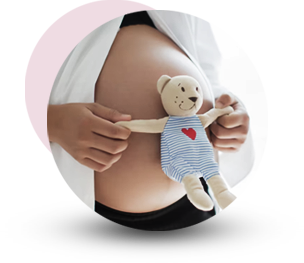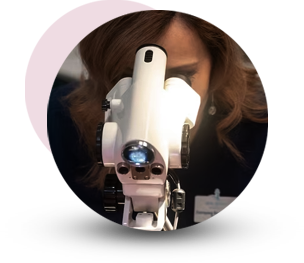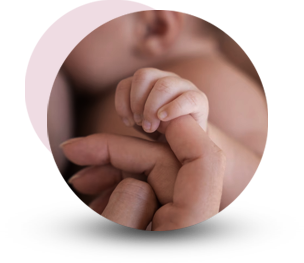Menu
Serving Glendale, Arrowhead, Surprise, Phoenix AZ and the rest of the West Valley with all female providers.
SAME-DAY APPOINTMENTS AVAILABLE AND WALK-INS WELCOME!
8:00 – 5:00
4:45 PM
Saturday
Closed
Sunday
Closed


At Arizona Maternity & Women’s Clinic, we believe in providing comprehensive care in all aspects of gynecology.

At Arizona Maternity & Women’s Clinic, we believe in providing comprehensive care in all aspects of midwifery.

Arizona Maternity & Women’s Clinic has consistently delivered healthy babies and provided the highest quality of care for our patients. It is our mission to provide the highest quality of services and care in women’s health.
Our OBGYNs, Gynecologists, and doctors perform complex and routine gynecologic procedures.
Our team is committed to you and your gynecological and obstetric needs and ensures every patient receives personalized care and respect.
We are devoted to providing a professional, friendly and comfortable environment and pride ourselves on making each individual a member of the Arizona Maternity & Women’s Clinic family.


For ongoing payment: After your initial payment, call Authorize.net at +1-877-477-3938 to set up ongoing payment.
For ongoing payment: After your initial payment, call Authorize.net at
+1-877-477-3938 to set up ongoing payment.
© Copyright 2024 - Arizona Maternity Clinic. All rights reserved. | Medical Marketing by Ajile Media